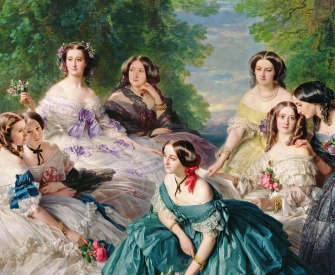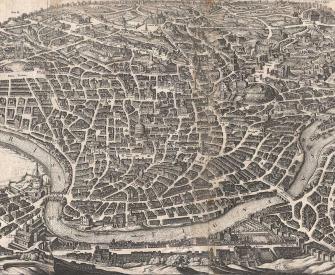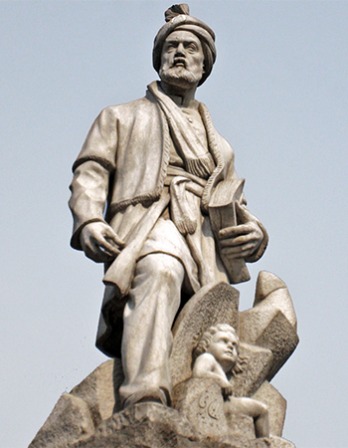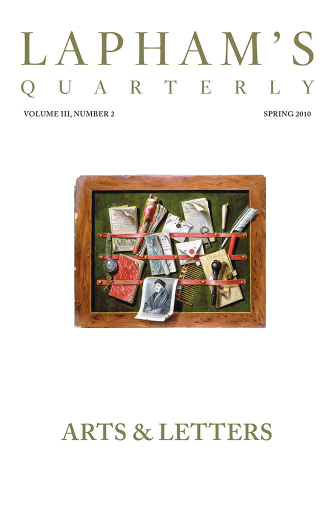The art of divination is a rather recent discovery, unknown to the ancient world. In the time of Eudoxus, the distinguished astronomer, the rules for it did not exist, and Plato had no knowledge of the science; even Manetho the astrologer had no accurate information on the subject. In their attempts to prophecy, they did at least establish the ascendant and fix the cardinal points; they understood how to observe the position of the stars at one’s birth and how to do all the other things that the inventor of this system bequeathed to posterity, things that are intelligible to the devotees of such nonsense.
I myself once dabbled a little in the art, not in order to make use of any such knowledge (Heaven forbid!), but so that being better informed about its futile jargon, I might confound the experts. I write this not to glorify myself, but to point out that in the reign of my father, the Emperor Alexius, many sciences made progress. He honored philosophers and philosophy itself, although it was obvious that he adopted a somewhat hostile attitude toward this study of astrology, because I suppose it diverted most of the more simpleminded from hopes that come from above to a blind belief in the influence of the stars. That was the reason for his war on the pursuit of astrology.
There was certainly no dearth of astrologers in this period—far from it. Seth, a famous Egyptian from Alexandria devoted much of his time to the revelation of the mysteries of astrology. Many people interrogated him and he gave extraordinarily accurate forecasts, in some cases without using an astrolabe; he relied for his predictions on some form of divination. There was no magic whatever in this but merely a certain numerical skill on the part of the Alexandrians. When the emperor saw young people flocking to consult him as though he were a prophet, he himself put questions to him on two occasions and each time received a correct reply. Afraid that Seth might do harm to many and that the public might turn to the unprofitable pursuit of astrology, he banished him from the city and made him live at Rhaidestos, but he took great care that his needs should be generously provided for at the expense of the imperial treasury.
Then there was the case of the famous dialectician Eleutherios, another Egyptian, who attained great proficiency in the art, which he practiced with a wonderful skill. He was undoubtedly the supreme exponent. In later times, too, there was an Athenian, one Katanankes, who came from his native city to Constantinople with the ambition to surpass all his predecessors. He was asked by some people about the emperor, inquiring as to when he would die. He forecast the date according to his calculations but proved to be wrong. However, it happened at that moment that the lion living in the palace breathed its last after suffering from a fever for four days, and most people thought that Katanankes’ prediction was thereby fulfilled. Some time afterward he again foretold the emperor’s death wrongly, but on the very day he had mentioned, the Empress Anna, his mother, died. Although the man had been wrong as often as he had been right, the emperor was unwilling to remove him from the city, even if he was erratic; moreover, he wished to avoid any appearance of resentment.
It is time now for us to return to the narrative so that I do not seem like someone whose head is in the clouds, and so that I do not obscure the main theme of my history with the names of astrologers.
© 1970 Harper and Row, Publishers Inc. Used with permission of Harper Collins publishers.
From The Alexiad. Born the eldest child of Byzantine emperor Alexius I in 1083, Comnena married the soldier and statesman Nicephorus Bryennius in 1097 and attempted to depose her brother after he ascended the throne in 1118. Her failure to do so obliged her to forfeit her property, and she retreated to a nunnery, where she wrote her work of history over a period of more than ten years. The book spans her father’s rule during the First Crusade.
Back to Issue





